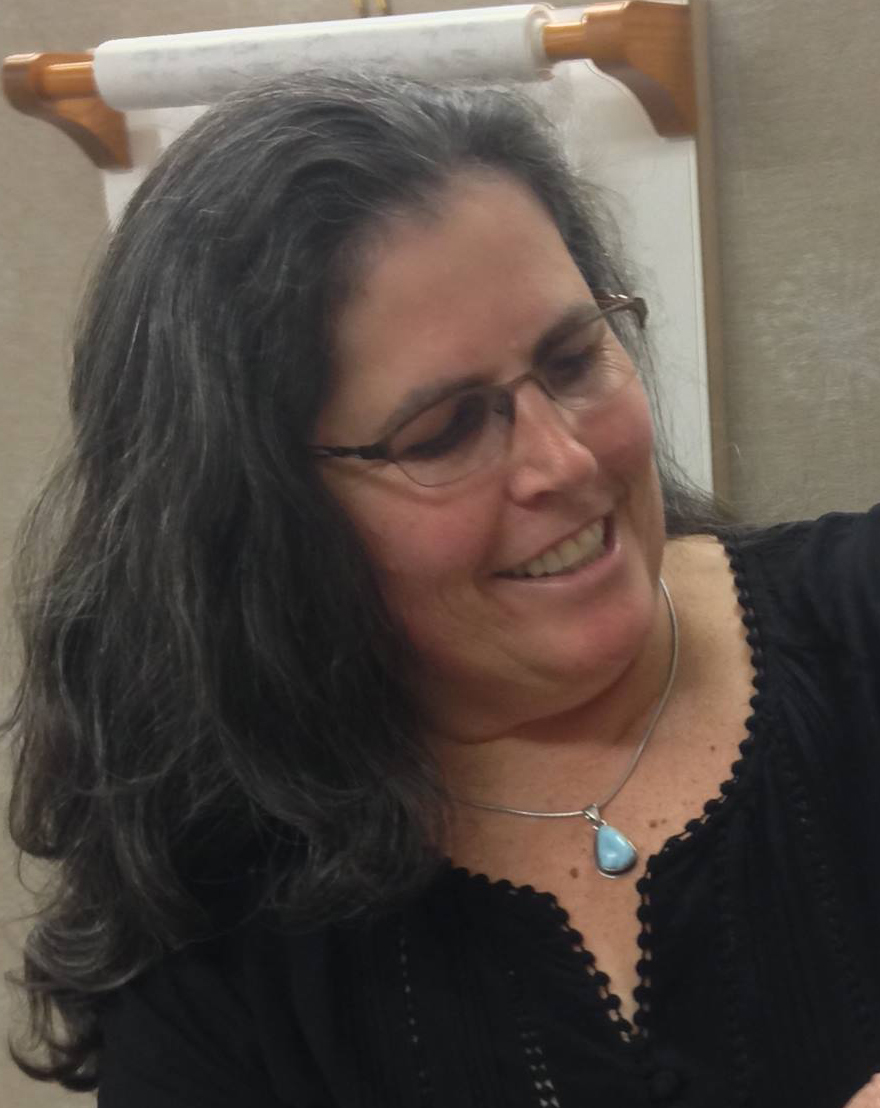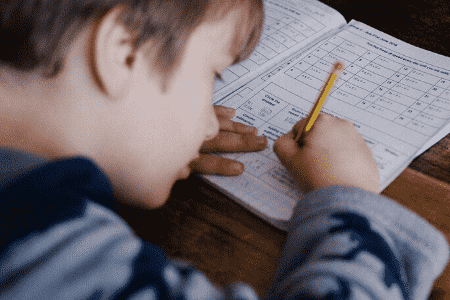Make time to Focus on Childbirth Classes
By Laura Maxson, LM
 Families have let go of many activities as they shelter together in the safety of their homes during the COVID-19 outbreak. But one activity expectant parents – especially first-time parents – should not give up is attending a good childbirth class.
Families have let go of many activities as they shelter together in the safety of their homes during the COVID-19 outbreak. But one activity expectant parents – especially first-time parents – should not give up is attending a good childbirth class.
Expectant parents should plan on becoming well educated and prepared for labor. At this point in the pandemic, birth doulas–as well as grandparents, friends, and relatives–are not allowed in the hospital at all, unless replacing the one allowed visitor, which is usually the co-parent.
Pregnant people are already experiencing fewer in-person prenatal visits and these usually exclude partners or support people. Having another person along to help remember instructions and information is so beneficial and parents are missing out on that option right now. Many are also missing the connection that comes with sharing prenatal visits together. With the background stress of COVID-19, normal questions about pregnancy and birth can feel a bit frivolous and it is easy to forget to ask all the questions on this week’s list when talking with a care provider.
However, questions are not frivolous. In fact, it’s how people learn, and questions are vital to preparing for the upcoming experience of childbirth and parenting. The authors of A Good Birth, A Safe Birth, Diana Korte and Roberta Scaer, said, “If you don’t know your options, you don’t have any.” Truer words were never spoken.
Knowing the rhythm of labor and possible scenarios in advance can help parents understand options and make informed choices.
With labor support options at a minimum, parents will need to step up to be there for each other. Childbirth is still childbirth, pandemic or not, and childbirth education is one of the best ways to learn about relaxation and labor coping techniques that allow the laboring body to get to work. These techniques can include protecting privacy, learning a variety of laboring positions, anticipating the flow of labor, avoiding interventions and much more.
There are fewer options for childbirth classes right now with some instructors choosing to wait until in-person classes can resume. Luckily, live online classes are available for group classes and for individuals. Instructors who have embraced distance education are getting more comfortable with the technology that allows parents to get together in their own homes to learn about birth while getting to know other families.
Hospital-based classes. During the pandemic, many hospital and clinic classes that weren’t cancelled have become video-based, with fewer and fewer opportunities to interact with a live instructor to ask questions. Empowering parents to make independent decisions can sometimes lead to problems for hospital-based instructors. It can be difficult to present evidence-based information that is not necessarily in line with their hospital’s current practices. A plus is that hospital-based classes are more likely to be covered by insurance.
Independent classes. There are many varieties of independent classes. Some teach a specific technique, such as Birthing From Within or Hypnobirthing, but more often than not independent classes contain a mix of techniques that cover more wide-ranging topics than hospital-based classes. Many birth doulas are offering pre-birth consultations/education packages on an individual basis.
Make time to be together to focus on birth. Life is busy and everyone is getting Zoomed out, but make an effort to get to a full series of classes. Will several two-hour classes be more doable than a couple of 4 or 6 hour classes? See what works and make the time for it. When labor gets challenging, couples will want to be able to lean on each other for support. The book The Birth Partner by Penny Simkin is a great resource for the person providing labor support. It has a great index for looking up ways to help for specific complaints or situations.Reach out. Many birth doulas have updated their support package in response to the pandemic to include virtual help and/or on-call advice if needed during labor. Make a plan to reach out virtually (even at 2 am) to a doula or an experienced family member or friend.
The one expertise most partners already have is intimacy and love that can provide a baseline of support that is invaluable. Build on that with knowledge from a childbirth class – something as simple as suggesting a shower or tub, turning the lights down and the music up for some slow dance swaying, or adjusting the bed to try a new position can make all the difference.
Laura Maxson has been the director of Birth Network since 1998. She became an advocate in the early ’80s after experiencing a lack of information and choice around birth and breastfeeding. Laura has worked as a breastfeeding counselor, childbirth educator, doula, and homebirth midwife.









